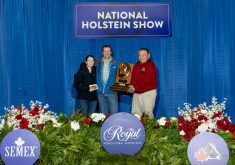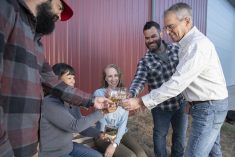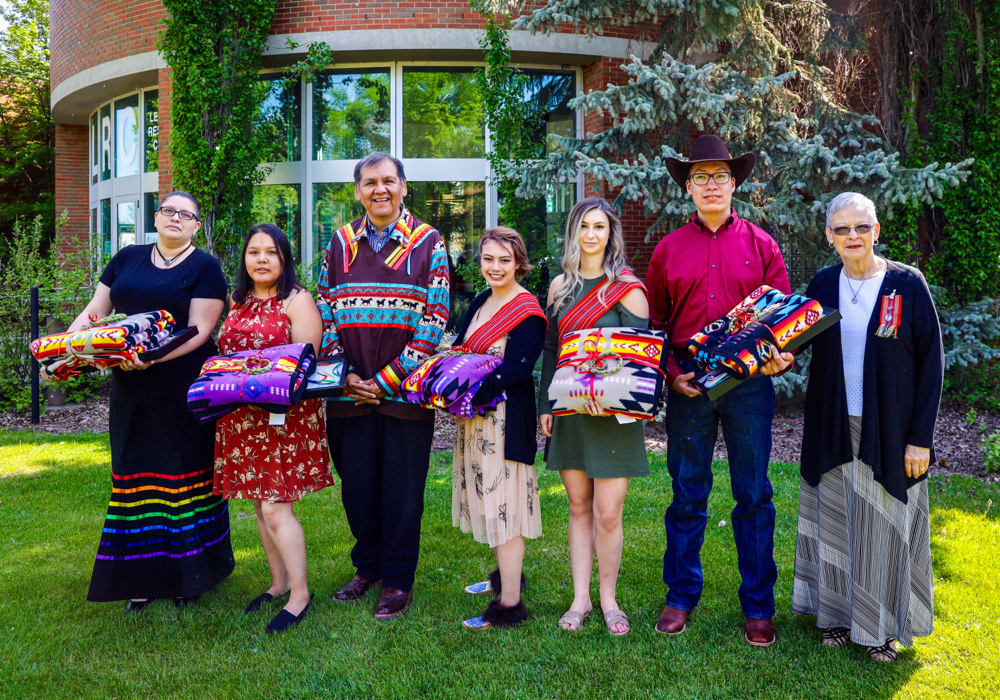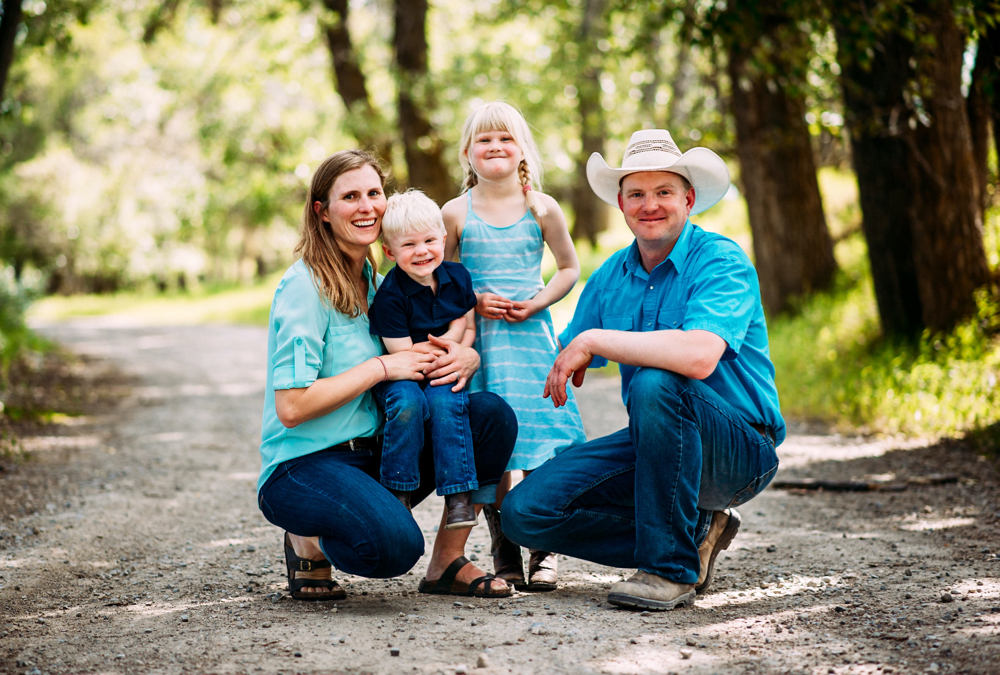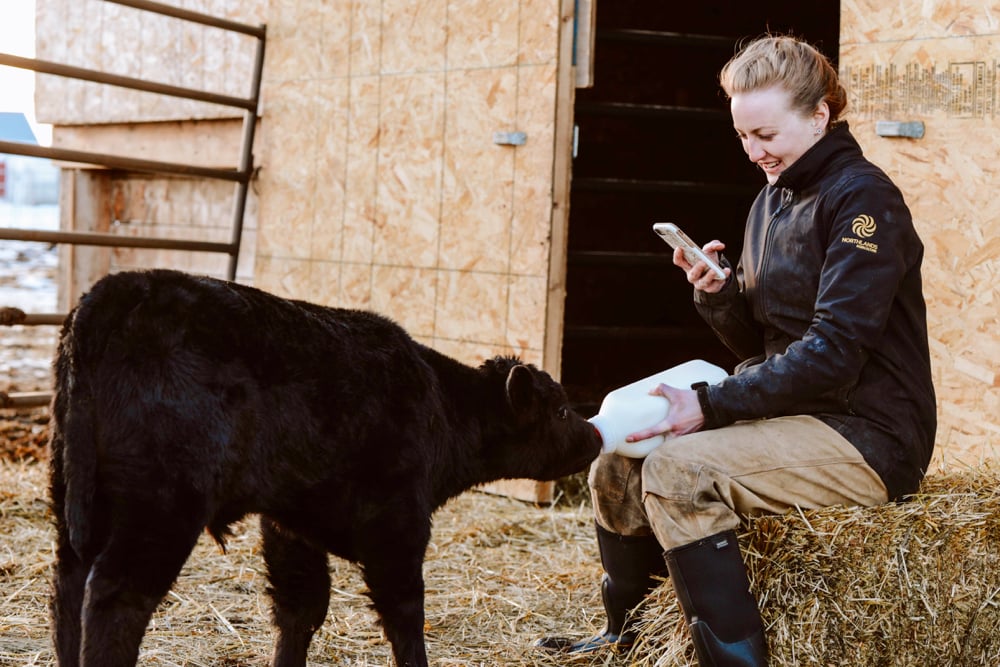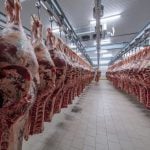The joke when Dylan Robinson was growing up was that he chose farming as a career even as a newborn.
“I was born in late August, so my grandfather couldn’t come to see me because he was swathing,” said the Fort Saskatchewan native. “So the first place I ended up going to was the swather. My mom kind of jokes that I never left.”
Even in kindergarten, when other kids talked about becoming astronauts or doctors, Robinson was set on becoming a farmer. As he got older, the city kid spent more and more time with his maternal grandfather, Peter Melnyk, at his farm near Waskatenau, a 45-minute drive from Fort Saskatchewan.
Read Also

The heart of the rodeo
A profile of rodeo stock contractors and their contribution to Alberta’s rodeo culture.
“I always went out on weekends and stuff like that,” he said. “Once I was old enough to drive, I was pretty much out there all the time.”
Eventually, some decisions had to be made.
“All the time I was growing up, I always had the idea that I wanted to do that. I wasn’t sure what else I wanted to do. After high school, I took a year off to give it some thought.”
Robinson began by renting land from his cousins and taking crop sciences at the University of Alberta, where he also joined the FarmHouse Fraternity and the Agriculture Club.
“It just kind of grew from there,” said the 30-year-old. “I did a few little stints doing contract work for some local companies … and was recently working with a neighbour doing some local seeding this past winter. Now my focus is just back on the farm full time.”
Robinson oversees the operation, but his grandfather farms with him and at the age of 82, remains active.
“I’ve taken over all the major decision making (but) you can’t get him off anything,” he said. “He runs combines. He’s always out in the field. He’s definitely still involved and helps out all the time.
“It’s really great because there is so much experience there that I can feed off of.”
That includes more than agronomics, because Melnyk has a background in heavy duty mechanics.
“I’ve learned a lot from that. Maintenance, repairs and fabrication all happen out on the farm. It cuts down the cost of operating.”
Robinson is farming just under 1,300 acres, including the homestead and some rented land. He grows oats, peas, canola and wheat, and aims for a three-to-four-year rotation.
“Grandpa had 10 siblings and the land has been kept in the family,” he said. “Most of the stuff that I’m renting has been in the family for 50 years.”
His fiancée, Cara Noble, helps on the farm as do his dad, brother and uncle when they can take time from jobs in the oil and gas sector.
“They help when their work schedules allow. My dad and brother shuffle some days out to help during harvest. It’s the most critical time of the year to have help.”
Robinson sells into commodity markets, but has been eyeing niche markets such as gluten-free and oat milk.
To better understand the sector, he joined the Alberta Oat Growers Commission and is now the group’s chair.
“I’ve been on the board for two or three years now. It’s been a great experience. We’re a smaller board but we have a big impact. It’s a good behind-the-scenes look at what happens in the industry. Hopefully I can bring a little bit of fresh perspective in some aspects.”
Involvement has also given him a more global perspective.
“There’s a lot of programs going into Mexico with some cheaper food options, with oats being a more affordable source of nutrition. That feels rewarding in some sense because you can see you are making a real impact, you’re just not in it for the bucks.”
Robinson said he’s “building my way” into the farm.
“It’s so much more than a job or a career. It’s a complete lifestyle,” he said. “Through the summer months, you see your hard work developing. There are a lot of trials with it being that way, there’s so much out of your control in that sense. (But) it’s also so rewarding at the end of the year, when you have a good year and you see exactly how much gets done.”




